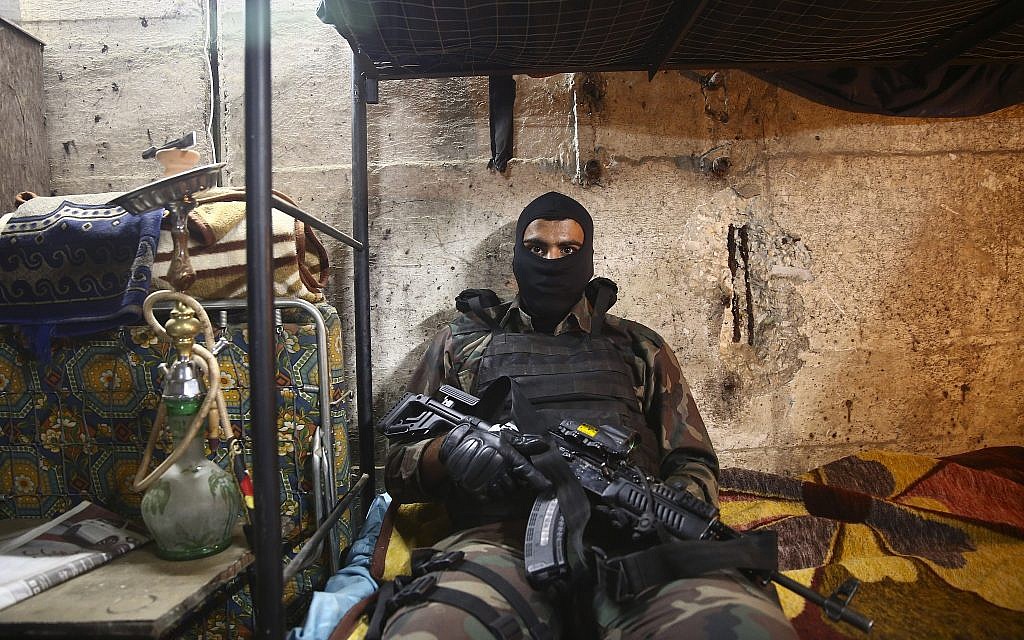
Israeli tv is known for it's production quality, realism, and violence, all of which tend to appeal to the younger generation of Americans who grew up with violent and realistic movies and video games. The most popular Israeli show worldwide is Fauda, which in Arabic means "chaos" but more commonly refers to a violent riot. The show is split perspective between an Israeli secret service/FBI adjacent counterterrorism unit and a couple "shahid" (martyrs or terrorists depending on who you are) who fight for a military wing of Hamas, the quasi-official government of Gaza. One of the main themes of the show is how far should government agencies be willing to go to quash extremism and terrorism? As Hamas kills more and more Israeli civilians, should shabach (the FBI guys) be allowed to kidnap and kill wives and fathers of the Hamas operatives? Because the show frames the conflict with both sides practicing violent and evil tactics, it is popular with both Israeli viewers who appreciate the honest and non-propagandist story, and Palestinian/other Arab viewers who feel they are portrayed as people rather than faceless monsters. The Israeli/Palestinian conflict is complex, and needs a complex show to adequately deal with the subject matter.
Because the show is produced by Netflix, it comes with high quality subtitles in pretty much any language you could choose which makes it easy to understand and translate words or phrases that you are interested in. Also, because it is such a ubiquitous show among Israelis (and a point of national pride), they are quite willing to discuss the show and help to understand what the characters are talking about in any certain scene. It hits especially close to home for many Israelis because they personally have been affected by both sides of the conflict in very concrete ways, unlike in America where although we have been at war for almost decades now serving in the army is rare and it can sometimes feel extremely far away. Some interesting things I have learned about the show: the main character (pictured below), who is something like a plainclothes FBI agent who conducts assassinations and kidnappings for Israel actually had this job in his youth. That was likely during the time of the second Intifada in the early 2000's, when there was a surge in Palestinian suicide bombings against Israeli civilian targets. So the actor who plays this character likely carried out very similar missions and fights to what is portrayed in the show. The show is directed by him as well. The show is mainly filmed in Israeli-Arab areas where there is peace rather than the west bank or Gaza where fighting continues today.

One of the things I found interesting concerning language used much words relating to war or violence have been adopted into Hebrew slang. Here are four slangy ways to say "good:"
Esh - fire
Satzah - bomb
Til - rocket, as in the rockets that are regularly fired at Israeli cities
Pagaz - shell, as in artillery shell
Since almost all youths serve in the army, it makes sense that so many army-centric words would make their way into common parlance.

Comments
Fascinating, but also a little scary!